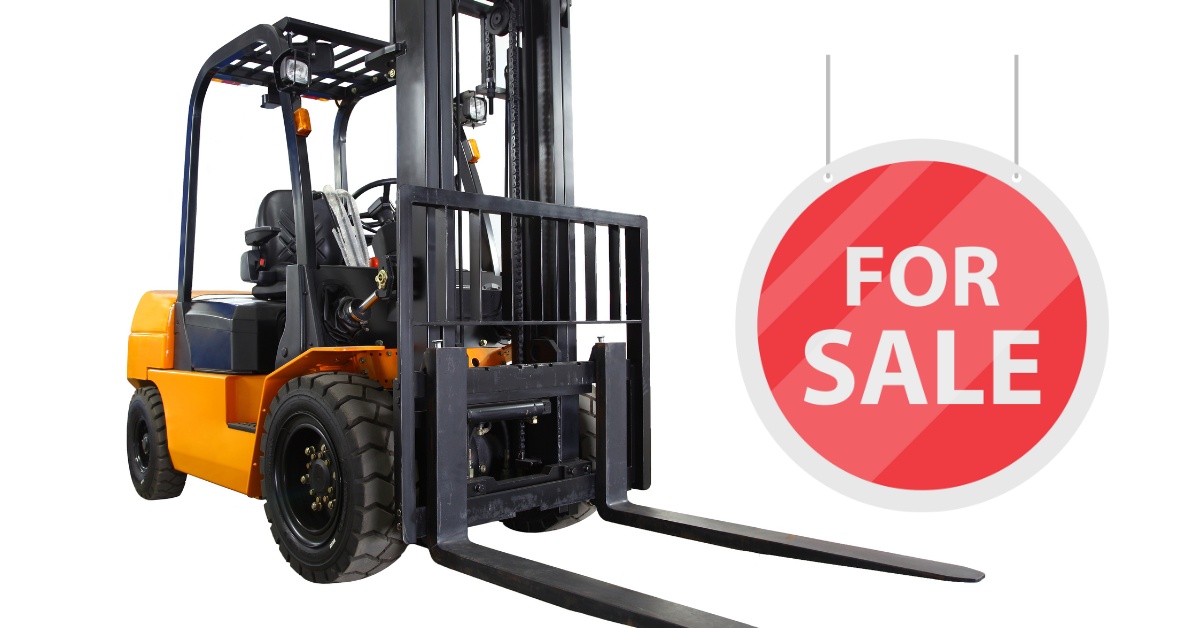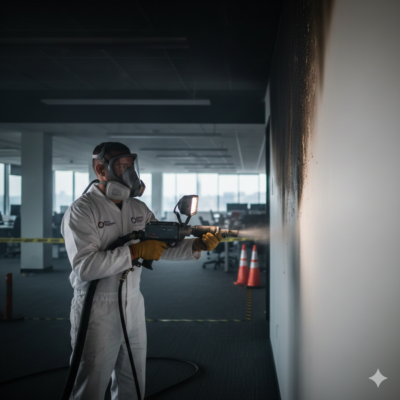So, someone needs a forklift. Maybe it’s for a warehouse, a construction site, or even just moving heavy things around a busy yard. Whatever the reason, buying one is a big step. These machines aren’t exactly cheap, and if you’ve never bought one before, it can be hard to know what’s a smart deal and what’s just someone trying to unload an old, clunky machine.
The good news? It’s not as complicated as it seems—if you know what to look for.
Start with What You Actually Need
Before checking prices or visiting dealers, the first step is figuring out what the forklift will actually do. There are different types—counterbalance forklifts, reach trucks, walkie stackers, and a bunch more. Each one is built for a certain kind of job.
If it’s for narrow aisles in a warehouse, something like a reach forklift might work best. If it’s outdoors on rough ground, then a heavy-duty one with big tires and strong lifting power is the way to go. The key is knowing what kind of jobs it’ll be doing most days. Buying a forklift that’s too small or too big can make the work harder, not easier.
Where to Look Matters
Once the type of forklift is figured out, it’s time to look at where to actually buy one. Dealerships that specialize in industrial gear are usually safer than random online ads. They check their machines, offer warranties, and sometimes throw in service plans.
If you’re shopping around the Melbourne area, a good place to start is checking out forklifts for sale melbourne listings from reliable dealers. These sellers often post detailed descriptions and history for each machine, so it’s easier to compare models and conditions.
It’s also smart to compare different sellers, not just for prices, but also to see how they treat potential buyers. If a seller rushes you or avoids answering questions, that’s usually a red flag.
Used vs. New: What’s Better?
New forklifts look good, run smooth, and usually come with a solid warranty. But they cost more—and not everyone needs the latest model. If the machine isn’t going to be used every single day, a second-hand forklift might be the smarter move.
Used forklifts can be great deals, as long as they’ve been well taken care of. Just make sure to check a few key things before buying:
- How many hours it’s been used (like how cars have mileage)
- Service history—has it been maintained regularly?
- Signs of rust, leaks, or strange sounds
- Battery condition if it’s electric, or engine wear if it’s gas or diesel
Don’t just take the seller’s word for it—ask to see service records or maintenance logs if they’re available.
The Hidden Costs People Forget About
Here’s something that trips up a lot of buyers: the price tag isn’t the only thing that matters.
Let’s say a used forklift looks like a great deal because it’s $5,000 cheaper than a newer one. But if it breaks down a month later and costs $3,000 to fix, is it still a deal?
When looking at forklifts, it’s important to think about the total cost, not just the price on the page. That means looking at:
- Fuel or charging costs
- Repairs and maintenance
- Spare parts availability
- Insurance (if needed)
Sometimes paying a bit more up front saves a lot in the long run.
Test It (Or Get Someone Who Can)
A forklift might look fine in pictures or even while standing still. But things change once it’s running. That’s why testing it is one of the most important parts of buying.
Listen for weird noises. Watch for slow lifting or jerky movements. If something doesn’t feel right, don’t ignore it. A test drive can reveal problems that photos and spec sheets don’t show.
If you don’t feel confident spotting mechanical issues, ask someone with experience to check it out. Some buyers even bring in a forklift mechanic for a quick inspection. That small cost can prevent big repairs later.
Understand the Specs—But Keep It Simple
Forklifts come with a lot of numbers: lift height, load capacity, turning radius, and more. While all of that matters, most people only need to focus on a few key things:
- How high it needs to lift
- How heavy the average load will be
- How wide or narrow the working space is
Try not to get lost in all the fancy features unless they’re actually needed. Some sellers will try to upsell extras that sound cool but don’t do much for your actual work.
Ask About Support After You Buy
Even the best forklift will eventually need a tune-up or part replacement. That’s where after-sales support becomes important.
Before buying, ask questions like:
- Do you offer servicing or repairs?
- Are parts easy to get?
- Can I call if I have a problem?
Some dealers offer ongoing support, while others don’t want anything to do with the machine once it leaves the yard. Go with someone who stands behind their gear.
Avoid Rushing the Process
One of the biggest mistakes people make is rushing into a decision because they found a forklift that “seems” right. But once money changes hands, it’s usually hard to go back.
Take time to compare a few different options. Ask questions. Think about how the forklift will be used every day—not just how it looks right now. A little patience can mean finding a machine that lasts years without constant headaches.
Recap: What Makes a Forklift a Great Deal?
Buying a forklift doesn’t have to be scary or complicated. It just takes a little planning and a clear idea of what to look for.
Here’s what matters most:
- Pick the right type of forklift for the job
- Buy from a trusted seller, not just the cheapest one
- Know the machine’s history and condition
- Watch out for hidden costs
- Always test it—or bring someone who can
- Make sure support is available after the sale
When all those boxes are checked, it’s not just a forklift—it’s a smart move that makes work easier, faster, and safer.
And if questions come up along the way, there’s no harm in reaching out to people who know the gear inside and out. The more you ask, the better deal you’ll find.










